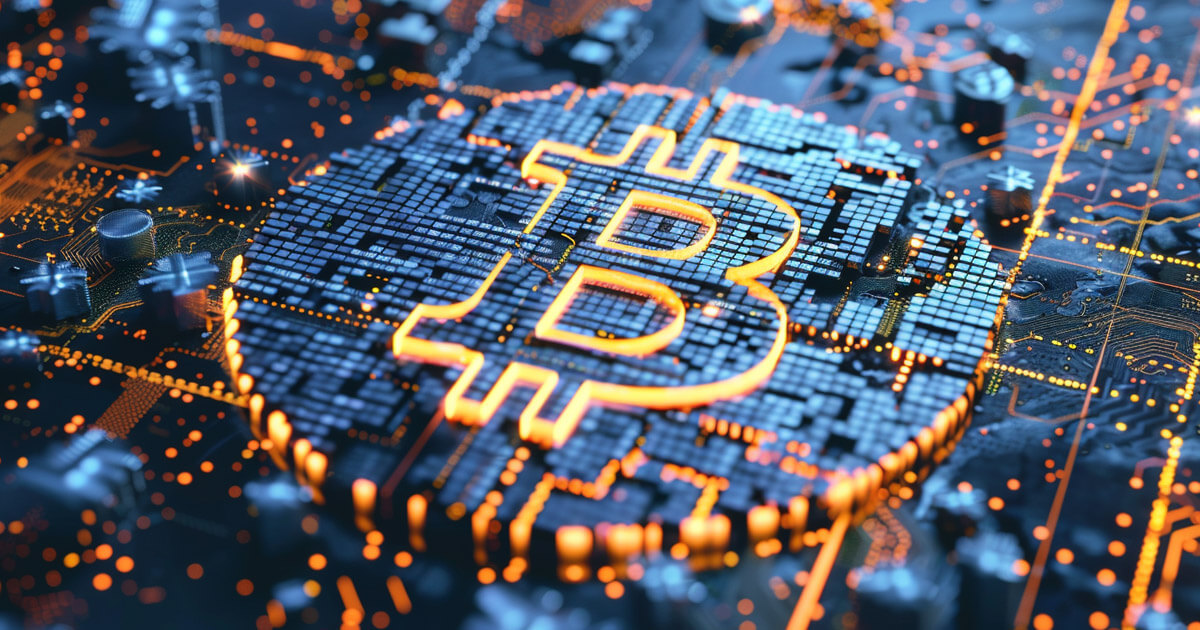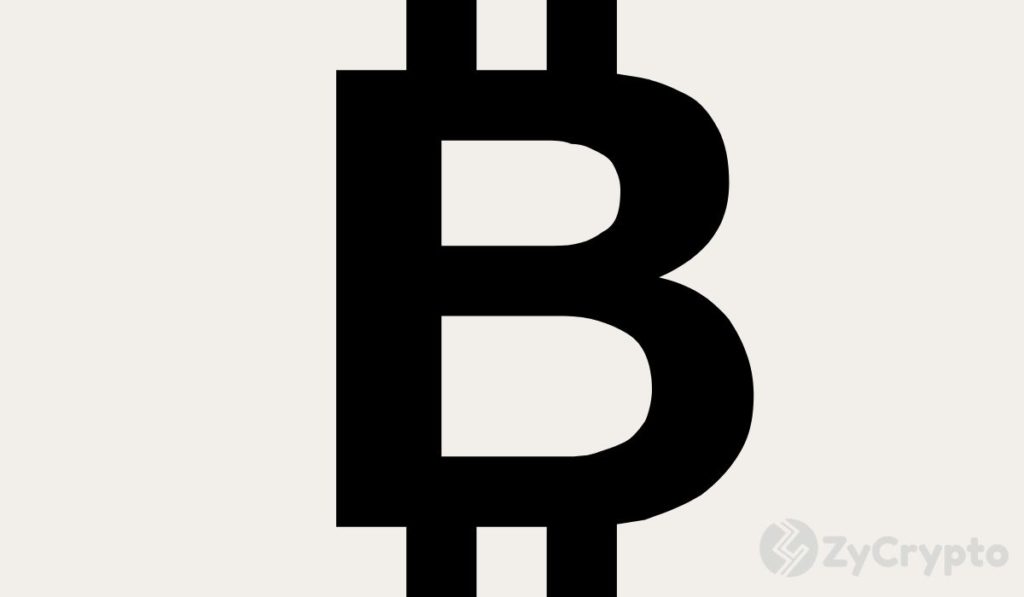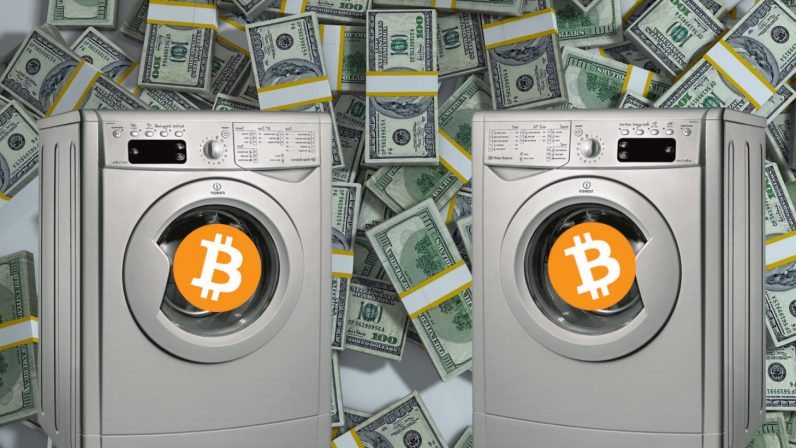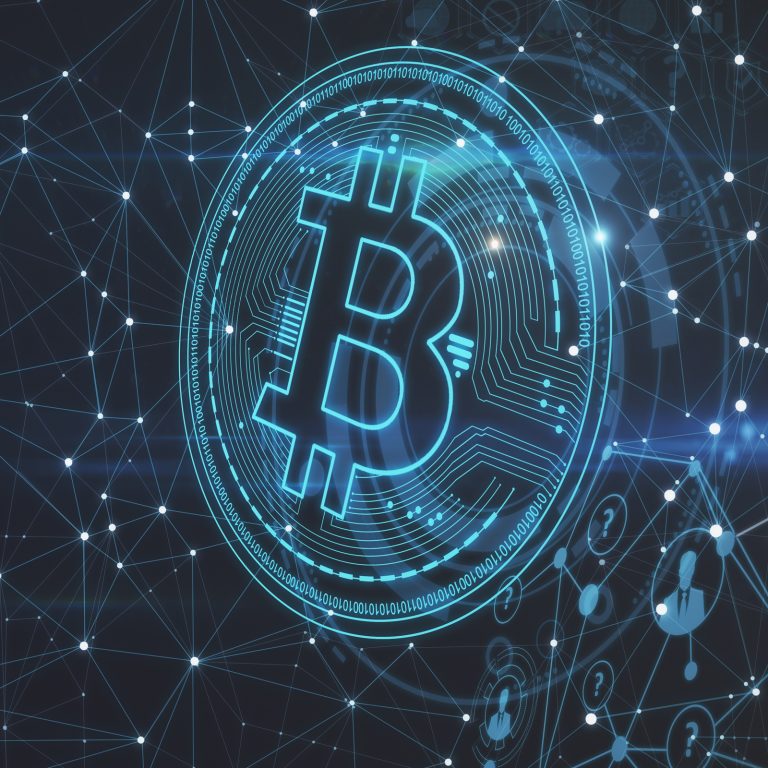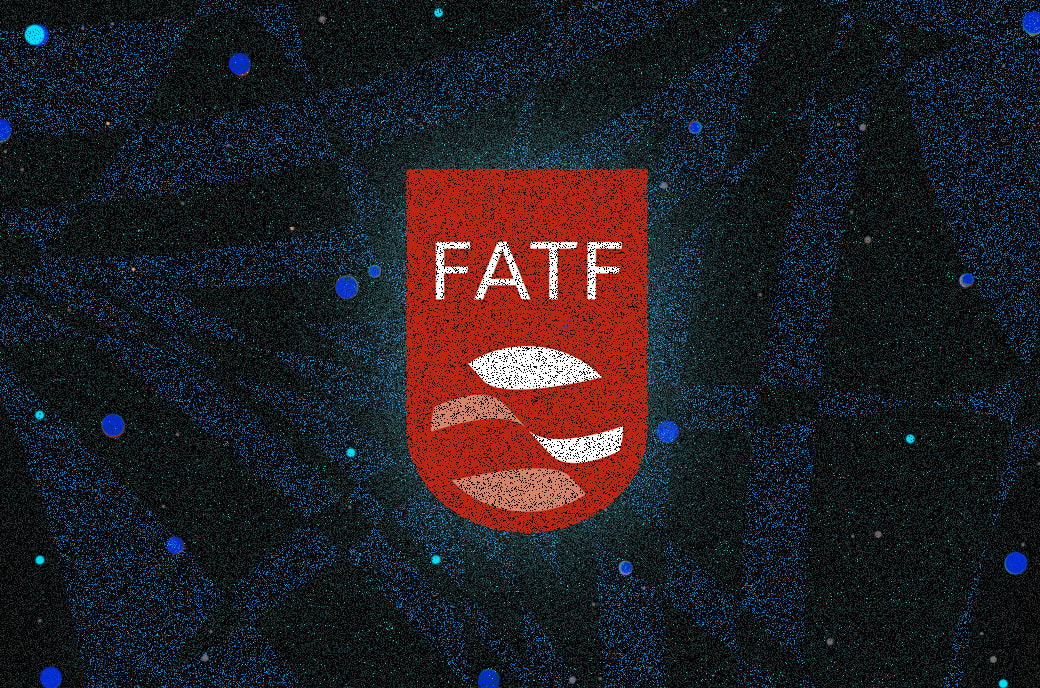
2021-4-3 19:34 |
Continuously expanding surveillance on financial transactions has no place in Bitcoin.
On paper, the Financial Action Task Force (FATF) was created more than 30 years ago by G7 countries to fight organized criminal and narcotic financial flows. The intergovernmental organization describes itself as a “dynamic contributor to peace and security” and issues recommendations that most countries transpose into national laws.
In practice, it’s a totally different story than just laudable intentions with limited effects on society. The FATF can decide to arbitrarily place jurisdictions on gray and black lists, which has the effect of putting certain countries under immense financial pressures or even cutting them off from the global financial system almost entirely. The root of all existing bureaucracy in the finance industry these days is the fruit of dozens of standards and guidelines published by the FATF that are updated on a regular basis. The FATF even went as far as to publish recommendations for counter-terrorist financing rules that have been interpreted and implemented by national governments and banks in a way which has delayed aid and put NGO staff at greater security risk in some countries. The FATF will always talk about how drug dealers and cybercriminals are misusing the financial system to serve their ends, but never will you hear any serious questioning on loss of financial privacy, financial exclusion and the administrative costs their standards impose to all members of society.
Given its track record, it is a surprise to no one that the organization spent the last few years gathering ammunition and has started aiming at a new target of choice: bitcoin (or what they call “VAs, virtual assets”) and the ecosystem around it (e.g., what they refer to as “VASPs, virtual assets service providers”). Cash has always been given the worst reputation by the anti-money laundering experts; it is only logical that electronic cash without rulers was never going to get away with it and the most recent public consultation launched by the FATF is here to prove it.
Nonelected officials are becoming increasingly worried that money is becoming as frictionless as communication is and more importantly, that they have no ability to control and censor financial flaws at will. Instead of having local law enforcement agencies prosecuting bad actors when a crime has been committed, the FATF has been pushing for our society to become one of surveillance, control and censorship by having governments around the world weaponize the financial system, forcing institutions to spy on customers and scrutinize every transaction even without any legitimate concern.
“But if it helps catch criminals, the trillions spent every year by all actors of society subject to anti-money laundering laws have to be worth it, right?” one may ask.
Three simple questions should help in this context:
Were know-your-customer (KYC) measures proven effective at detecting bad actors trying to utilize bank accounts?Are anti-money laundering laws stopping a significant percentage of illicit fiat money from entering the financial system?How efficacious are counter-terrorism financing measures when it comes to deterring terrorists from financing themselves?The answers are obvious: it doesn’t take any special skill to open an account with a fake passport, to forge documents with software and to lie about the true purpose of one’s financial transactions. It must once and for all be acknowledged that criminal behavior is not prevented by hundreds of guidances and laws, but by incentive systems that are naturally provided in a sound money society with less government.
Recent analysis demonstrate the benefits versus costs ratio of anti-money laundering (AML) has been going in one direction only:
Image via https://www.ledgerinsights.com/anti-money-laundering-has-less-than-1-impact-on-crime-at-what-cost/The evidence cannot be disputed, yet more AML requirements are popping up around the world every year. This trend is very similar to the way central banks handle quantitative easing (QE), pouring gasoline on the fire that is the problem.
Now pause and think; the introduction of central bank digital currencies is planned to be the final assault on cash. Are we to believe paper money will be eradicated from the streets while there would be no parallel attempts to restrict digital peer-to-peer transactions or at least make it as impractical as possible?
Let’s not be naive, the transfer of information between exchanges on the senders and beneficiaries of a transaction (aka “The Travel Rule”) is only the start of something much bigger. The ultimate goal of the FATF and various policy makers is an attempt at absolute control and it should be expected that they will defend their position with fierceness and stubbornness.
In recent years, bitcoiners have had to learn to deal with draconian KYC measures and chain surveillance. These are enabled by software developed by members of the private sector who are financially incentivized to push for more regulation.
The coming reality will be an even harder pill to swallow if the FATF is successful in making transactions from exchanges to private wallets impractical or even a thing of the past. AML experts are also calling for further steps saying things such as, “Regulators should require merchants to place transaction-volume limits on payments received from self-custodied wallets,” and, according to a Forbes article, “Users could still keep custody of their private keys, but would connect their crypto addresses to their real world identity that could be uncovered by a court ordered subpoena.”
Even if new significant regulations and restrictions are inevitably rolled out in the course of this decade, the only way to avoid being impacted is by making the choice to depend less on trusted third parties and actively participate in the Bitcoin circular economy today. There are trade-offs to not walking down the KYC path (mostly in terms of UX and liquidity), but the feeling of resilience that comes with trading directly with peers is liberating.
This decade will consist of decisive battles, and even if Bitcoin is bulletproof technology, the FATF knows the only way to undermine this movement is to try to overregulate the gatekeepers and disgust the users into eventually making them capitulate. We shall not let their acronyms define us nor influence the way we choose to hold our money or transact. Choosing Bitcoin should always be the equivalent of choosing freedom and no one organization should be given the possibility to change that. The time to start pushing back is now.
This is a guest post by UTXOxo. Opinions expressed are entirely their own and do not necessarily reflect those of BTC Inc or Bitcoin Magazine.
origin »Bitcoin price in Telegram @btc_price_every_hour
Guncoin (GUN) на Currencies.ru
|
|



